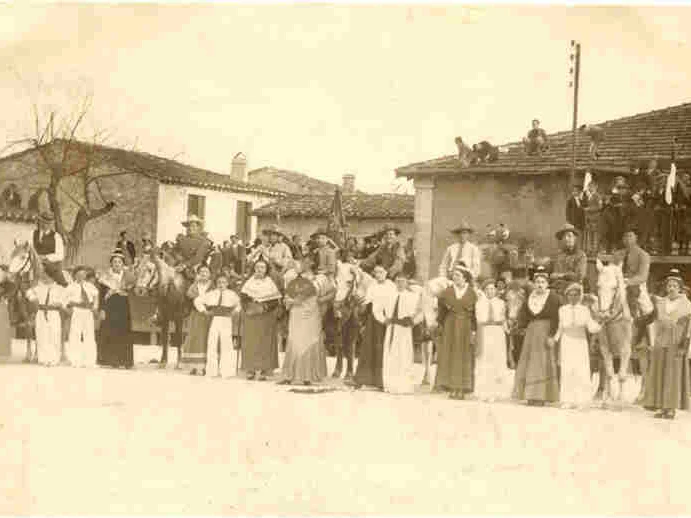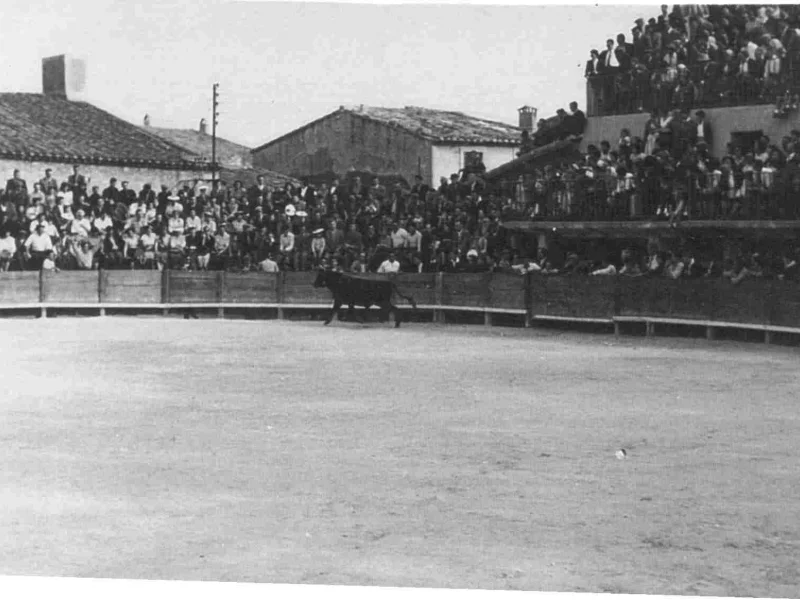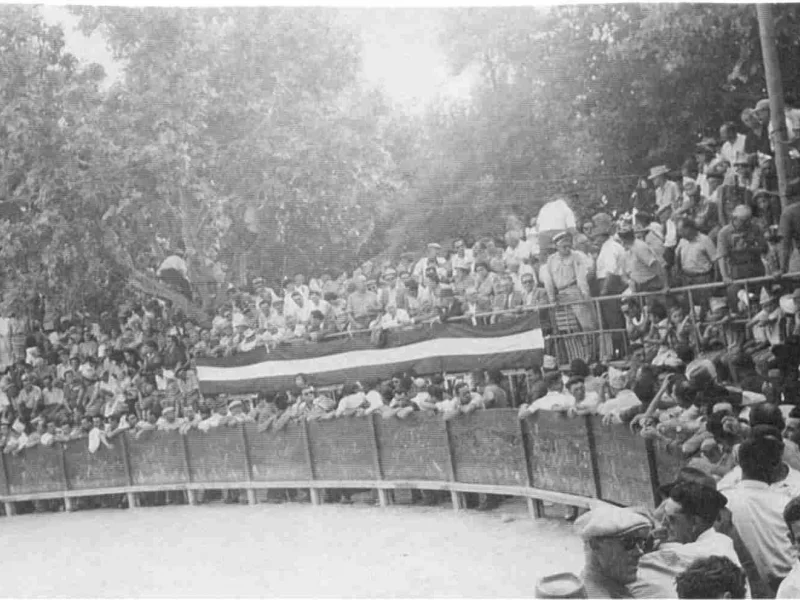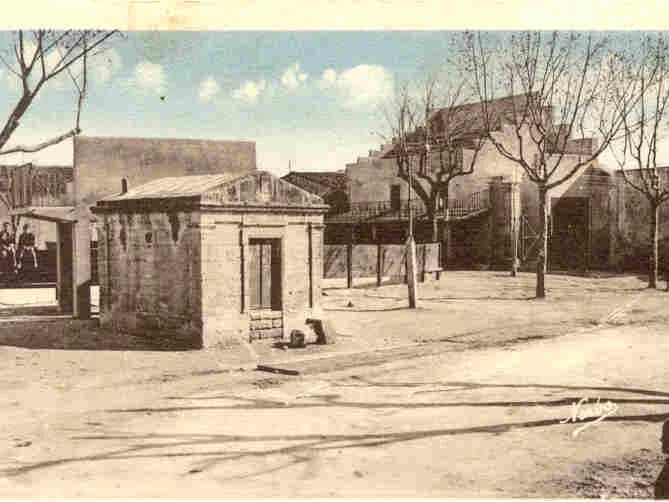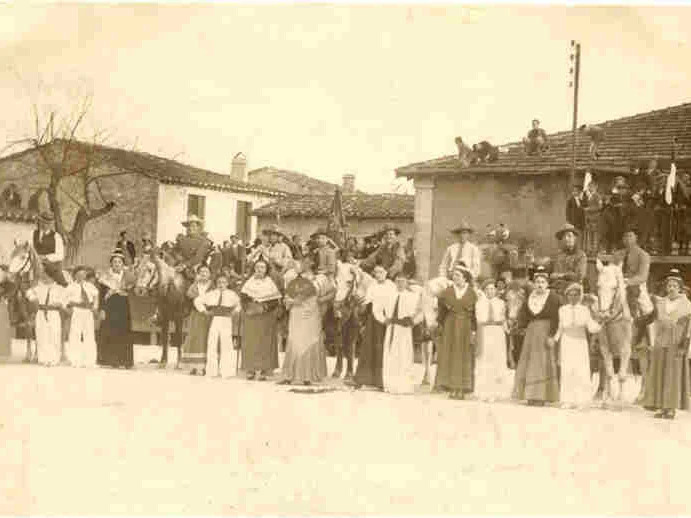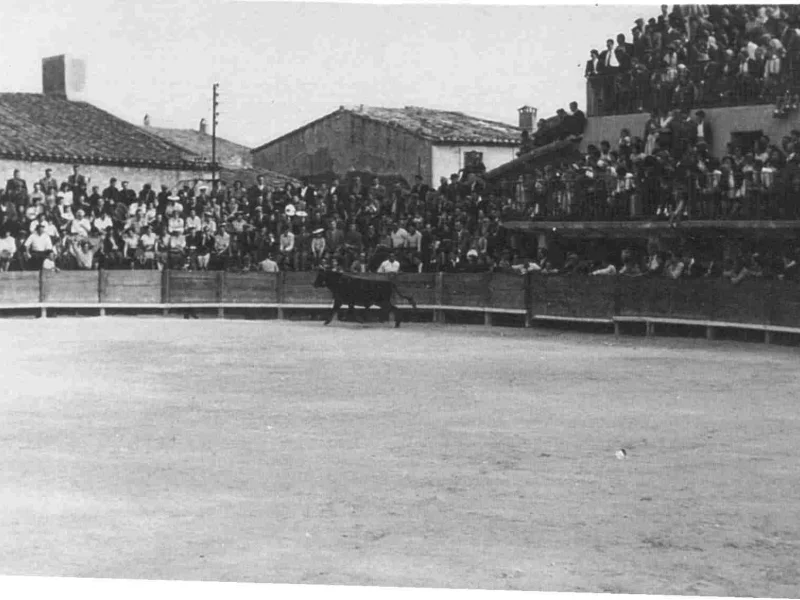Photothèque
EN SAVOIR PLUS
JEU
Pour chaque panneau une énigme… Creusez-vous les méninges pour trouver le bon mot. L’ensemble des 18 mots vous donnera la solution finale.


PARCOURS DE VISITE
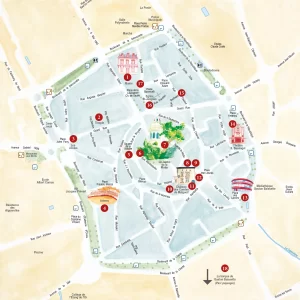
FACILE À LIRE ET À COMPRENDRE
Un jardin se trouve au centre de Mauguio.
Le jardin est sur une motte.
Une motte est une petite colline.
La colline n’est pas naturelle.
Elle a été construite il y a très longtemps.
Des histoires racontent pourquoi cette motte existe encore aujourd’hui.
Un jour, la mairie achète la Motte pour en faire un jardin public.
La mairie fait construire un château d’eau au sommet de la Motte.
Un château d’eau est un grand réservoir pour garder l’eau.
La Motte de Mauguio est abandonnée pendant
de très nombreuses années.
Un jour, la mairie achète la Motte pour en faire un jardin public.
Le jardin est décoré de rochers et de nombreuses plantes.
Le long des chemins du jardin, on peut voir des plantes qui poussent :
- autour de la mer Méditerranée
- dans des pays lointains et chauds.
Les habitants de Mauguio aiment se promener dans le jardin de la Motte.

© European Easy-to-read Logo : Inclusion Europe.
Plus d’informations sur www.inclusion-europe.org
ENGLISH TRANSLATION OF THE PANEL
The Garden of the Motte
After the Counts of Melgueil abandoned the ‘Motte’ mound in the 12th century, the site became fallow land and the mound was gradually incorporated into the village buildings. In the absence of well researched documentation, the local imagination took hold and developed rich mythology around the origin of the ‘Motte’ mound.
Until the beginning of the 19th century, a rite of integration into the village took place. This involved young men and new inhabitants carrying a bag of earth blessed by the parish priest to the top of the Motte and pouring it on top.
In 1820, the municipality acquired the mound and took advantage of its enrichment, thanks in particular to the wine industry, to build modern facilities there. In 1903, the town council built a water tower. Powered by a wind turbine connected to a well, this system supplied running water to the fountains and washhouses.
In the 19th century, the garden became an innovative urban planning element. The Motte mound was thus transformed into a public garden and became a popular meeting place for the Melgorians.
It became the ideal place to create a public garden typical of the urban development of this period. The architect A. Goutès designed the plans, as well as the cast iron gates and fences. It displays a French landscape style similar to that seen in the Planchon Square in Montpellier, the ‘Jardin des Poètes’ in Béziers and the ‘Buttes Chaumont’ in Paris. The post-romantic atmosphere is predominant. The Motte garden was a must for the upper-middle class’ Sunday stroll, as it allowed walkers to explore a labyrinth of rockery elements.
As it was a pleasure garden symbolising the new urbanism that brought an inkling of the countryside into the city, the municipality of the time invested in its development and embellishment as an external sign of wealth. The use of exotic species reflects the colonial spirit that prevailed between the 19th and 20th centuries.
Panel 6 /The Garden of the Motte at the beginning of the 20th century.
Panel 7 / Drawing by the architect A. Goutes (1890) with the plan of the tower and the garden laid out for the path with earthworks and plantations
